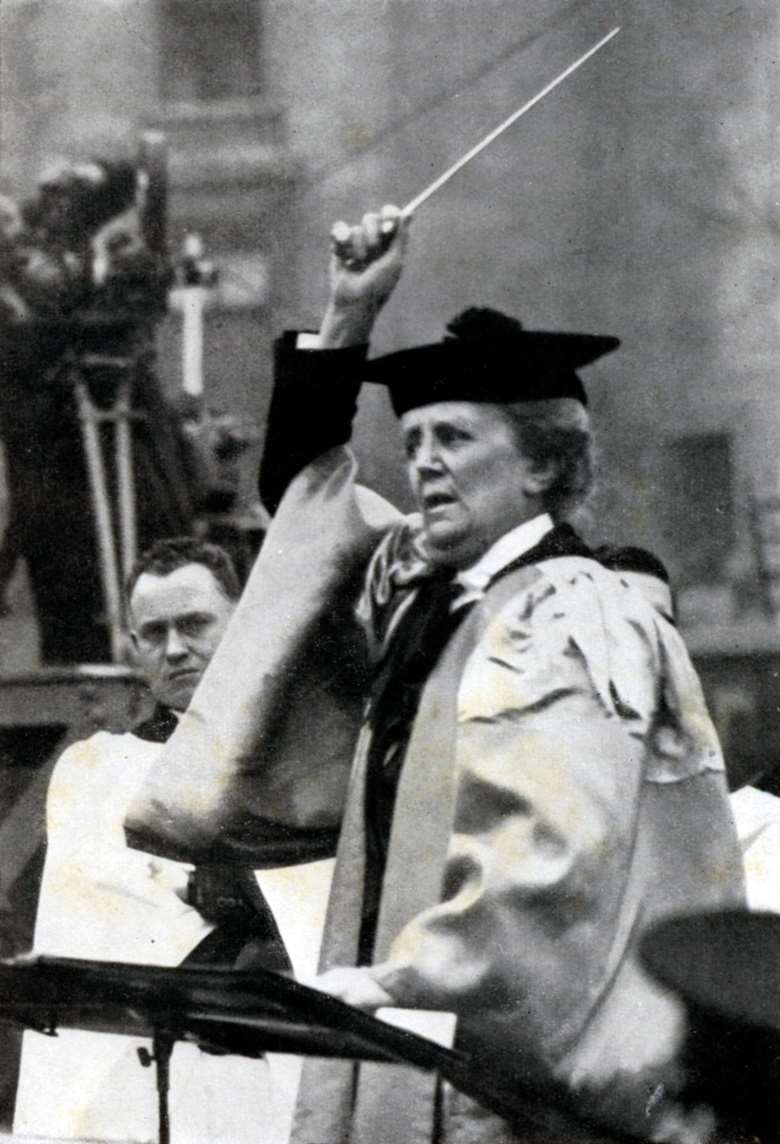Ethel Smyth’s opera Der Wald: a journey of discovery
Richard Bratby
Monday, October 30, 2023
John Andrews has gained a well-earned reputation for brilliant recordings of unknown operas and operettas. As he turns his attention to Ethel Smyth’s Der Wald, Richard Bratby listens in

Register now to continue reading
Thanks for exploring the Gramophone website. Sign up for a free account today to enjoy the following benefits:
- Free access to 3 subscriber-only articles per month
- Unlimited access to our news, podcasts and awards pages
- Free weekly email newsletter







